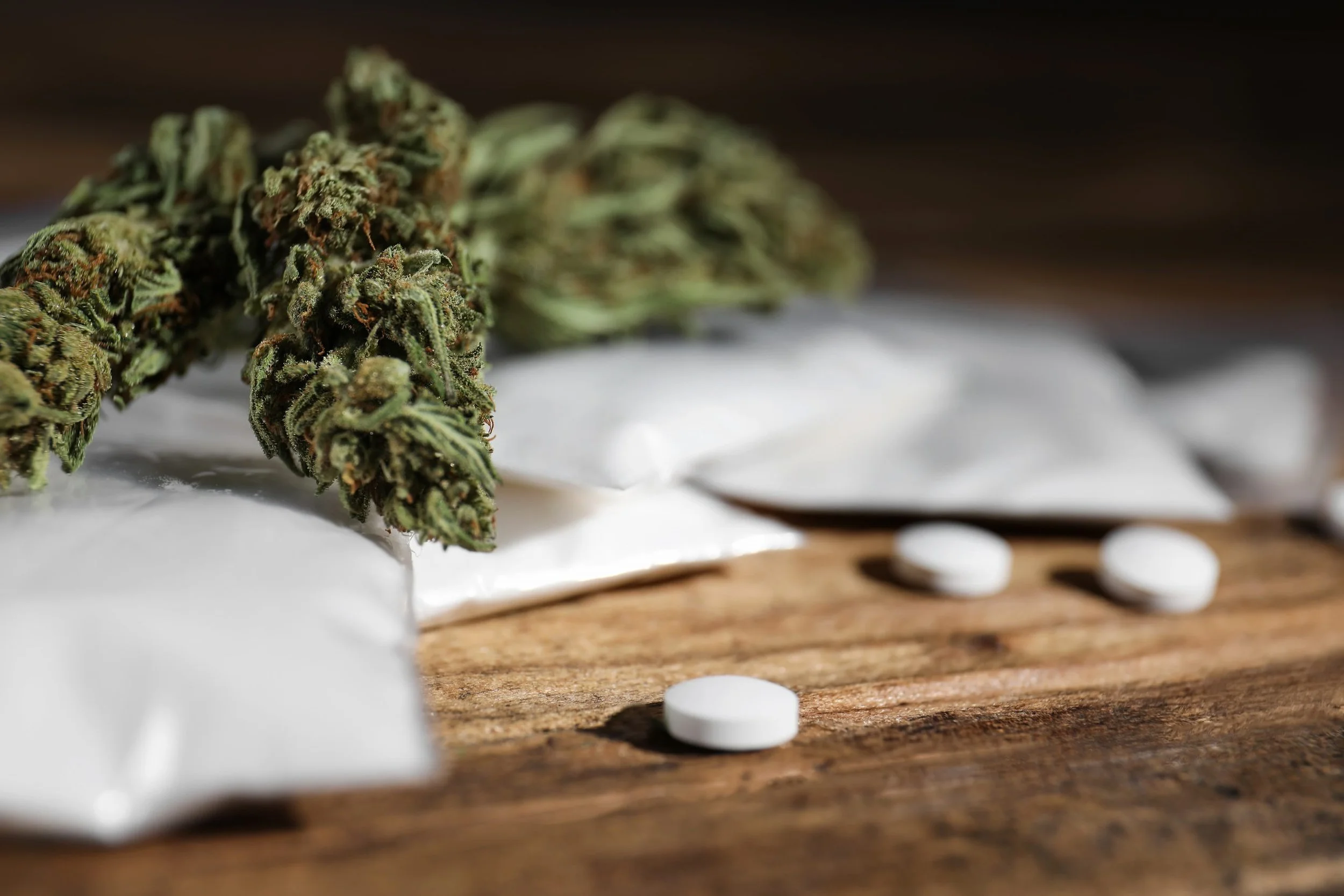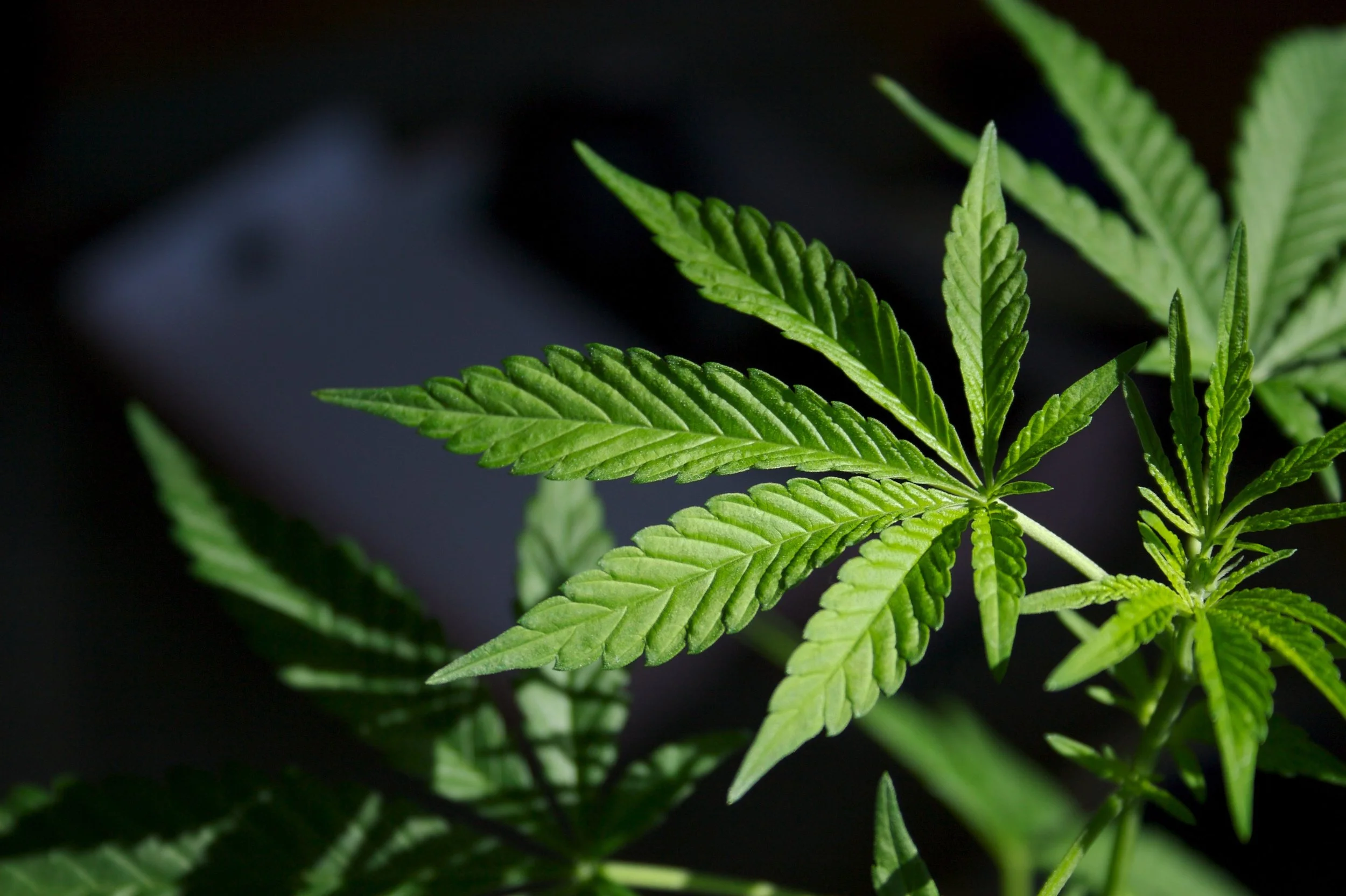Can Marijuana and CBD Help Break Other Types of Addiction?
Introduction
Addiction, whether to substances like alcohol, nicotine, or opioids, or to behaviors like gambling and food, can be an incredibly challenging condition to overcome. People struggling with addiction often seek various treatments, from counseling and medication-assisted therapy to more experimental approaches. Recently, interest in medical cannabis and cannabidiol (CBD) has grown as potential aids in treating addiction. Proponents claim that cannabis, particularly CBD, may help people break free from dependency on other substances by easing withdrawal symptoms, managing cravings, and addressing mental health conditions often associated with addiction.
But how valid are these claims? Can marijuana and CBD truly play a role in breaking other types of addiction?
Understanding Marijuana, CBD, and How They Differ
Marijuana, or cannabis, contains numerous chemical compounds called cannabinoids. The two most well-known cannabinoids are tetrahydrocannabinol (THC) and cannabidiol (CBD). THC is the compound responsible for the psychoactive effects, or "high," associated with marijuana use, while CBD is non-psychoactive, meaning it doesn’t produce this high.
CBD has gained attention as a natural remedy for anxiety, inflammation, chronic pain, and seizures. Its appeal lies in its ability to deliver therapeutic effects without the euphoric high, making it more acceptable for a wider audience. Marijuana as a whole plant, however, combines THC, CBD, and various other compounds, which some believe work together to deliver a more balanced therapeutic experience, often referred to as the "entourage effect."
The Potential of CBD in Addiction Recovery
Studies suggest that CBD could be helpful in addiction recovery, particularly for treating certain forms of substance abuse like nicotine and opioids. Here’s how:
1. Reducing Anxiety and Stress
Anxiety and stress are common triggers for relapse among individuals recovering from addiction. Many addicts initially turn to substances as a way to cope with stressful situations or underlying mental health issues.
CBD has shown promise as an anti-anxiety agent. Research indicates that it may reduce social anxiety and mitigate stress responses, potentially reducing the urge to relapse. For those recovering from addiction, managing anxiety can be crucial for long-term success.
2. Modulating Cravings and Withdrawal Symptoms
One of the most difficult parts of overcoming addiction is managing cravings and withdrawal symptoms, which can often feel insurmountable. Some studies have shown that CBD may help reduce cravings in individuals with heroin addiction, for example. A 2019 study found that when individuals addicted to heroin were given a dose of CBD, they reported fewer cravings and lower anxiety levels, even a week after the dose was administered. These findings suggest that CBD may help individuals who are battling withdrawal from opioids, one of the most difficult addictions to overcome.
3. Supporting Brain Health and Neuroplasticity
Addiction takes a toll on the brain, often altering pathways related to reward, motivation, and self-control. This damage can make it even harder for someone in recovery to stay away from their substance of choice. Some studies indicate that CBD may promote neuroplasticity and support brain health by reducing inflammation and protecting neurons. By potentially helping to repair some of the brain’s reward pathways affected by addiction, CBD could play a role in aiding recovery.
The Role of Marijuana in Addiction Recovery
While CBD is widely discussed in addiction recovery due to its lack of psychoactive effects, THC-containing marijuana is more controversial. However, some believe that medical marijuana (with THC) could also aid in treating addiction, particularly in cases where pain, PTSD, or mental health issues are involved.
Pain Management
Chronic pain is a major factor that drives many people to addiction, especially with opioids. Medical marijuana has been used to relieve pain in individuals with conditions ranging from cancer to multiple sclerosis. For some, marijuana may offer a safer alternative to opioids for pain management, helping individuals avoid the risk of addiction or providing a pathway to reduce opioid dependence.
Substitute for Harmful Substances
Some studies suggest that marijuana may serve as a less harmful alternative for individuals addicted to alcohol or harder drugs. In states where medical marijuana is legal, some addiction treatment centers are experimenting with “cannabis substitution therapy.” In this approach, patients use marijuana under medical supervision to replace a more harmful substance, like alcohol or opioids. The concept is to substitute a more dangerous drug with one that may have a lower risk of overdose or harmful long-term effects.
Supporting Mental Health
Conditions like depression, PTSD, and anxiety are common among those struggling with addiction. Marijuana, especially strains rich in both THC and CBD, is sometimes used to manage these conditions, which may help people avoid self-medicating with more addictive drugs. However, it’s important to note that while marijuana may help alleviate symptoms for some, it can exacerbate anxiety and other mental health issues in others, so its use must be carefully monitored.
Risks and Controversies
Despite some promising evidence, using cannabis or CBD to treat addiction remains controversial. Here are a few reasons why:
Potential for Dependence
While CBD has a very low potential for abuse, THC-containing marijuana does carry a risk of dependency. For some individuals, substituting marijuana for other substances might simply replace one addiction with another. Experts caution that marijuana dependency, while less severe than some other addictions, is still a legitimate concern.
Inconsistent Effects and Lack of Standardized Dosing
Cannabis is not a one-size-fits-all remedy. THC and CBD affect people differently depending on factors such as dosage, the strain of cannabis, and individual body chemistry. The lack of standardized dosing makes it difficult for researchers to create consistent treatment protocols, which could lead to unpredictable results in treating addiction.
Legal and Ethical Concerns
The legal status of cannabis varies widely by region. In many areas, marijuana remains illegal, which limits access and prevents some from considering it as an option for addiction treatment. Additionally, there are ethical concerns about promoting a psychoactive substance to those who are already struggling with addiction.
Need for More Research
While initial research is promising, large-scale clinical studies are still limited. Researchers are still investigating how cannabinoids interact with the brain's addiction pathways, and definitive conclusions are hard to draw. Long-term studies are needed to assess whether cannabis or CBD can help maintain sobriety over the long term.
What Does the Research Say?
The scientific community’s views on using cannabis and CBD for addiction recovery are mixed, though generally positive for CBD. Small-scale studies on CBD’s effects on opioid, tobacco, and alcohol addiction have shown encouraging results. However, THC-containing cannabis has less conclusive support. There is evidence that cannabis substitution could reduce alcohol and opioid use in some patients, but further research is needed to confirm its efficacy across larger populations.
The Bottom Line on Using Cannabis for Addiction
The first and most crucial step in treating addiction is to seek help. Qualified professionals at drug treatment centers are available to guide you on your journey to freedom from addiction. From there, speak with your primary care physician about whether cannabis is an appropriate tool to help you overcome addiction. Under proper care and with a legal medical marijuana card, you will have the means to fight addiction.
While cannabis and CBD offer promising potential as tools in addiction recovery, they are not miracle cures. Individual responses to these treatments can vary widely, and their use should always be overseen by healthcare professionals. CBD, in particular, may provide relief from cravings and anxiety without the high associated with THC, making it a valuable option to explore further. However, as with any addiction treatment, a holistic approach that includes counseling, lifestyle changes, and support from healthcare providers offers the best chance for a successful recovery.
FAQs
-
This concern is common. For some individuals, substituting marijuana for another addictive substance could lead to dependence on cannabis, especially when it contains THC. However, when used in a medical context and under professional supervision, cannabis may serve as a temporary tool to manage withdrawal symptoms and reduce reliance on more harmful drugs.
-
This depends on where you live. In many U.S. states, medical marijuana is legal with a prescription, and CBD derived from hemp is legal nationwide. However, laws vary widely internationally and by region, so it's essential to understand local regulations and consult with healthcare providers for guidance.
-
No, marijuana or CBD should not replace traditional addiction treatments, such as counseling, behavioral therapy, or medication-assisted treatment. Cannabis and CBD can be part of a comprehensive approach to recovery, but they should only be used under professional supervision as one component of an overall treatment plan.








